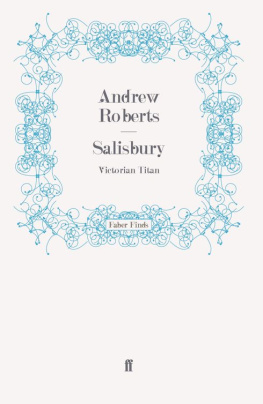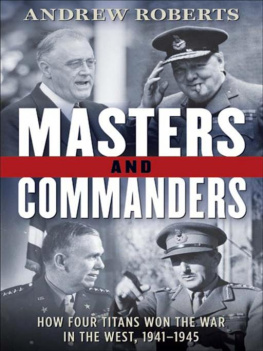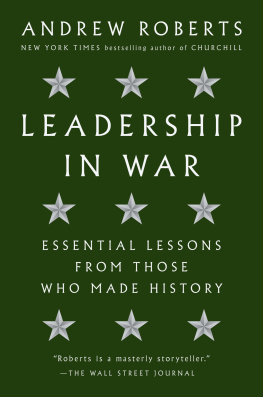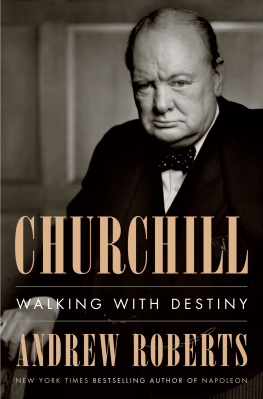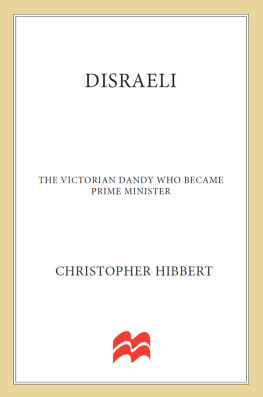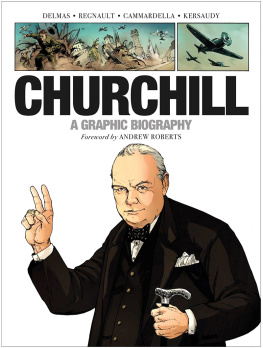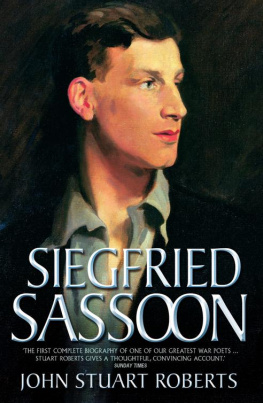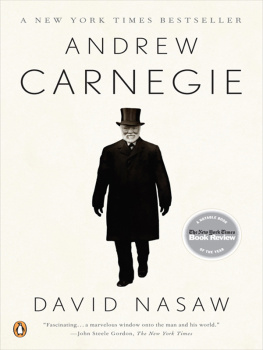Contents
1. Early Life
The Cecils Eton and Oxford The Grand Tour
1830 to 1853
2. Rebellions
All Souls Faith Parliament Marriage
1853 to 1857
3. Journalism: Foreign Policy
Colonialism The Schleswig-Holstein Question
The American Civil War
1857 to 1866
4. Journalism: Domestic Policy
Ireland The Class Struggle Parliament William Gladstone
1857 to 1866
5. Politics
The House of Commons The Oaths Bill Competitive
Examination Education Parliamentary Reform
1857 to 1866
6. Secretary of State for India
India The Second Reform Bill Resignation
July 1866 to July 1867
7. Life Outside Politics
The Great Eastern Railway The Marquessate Life at Hatfield Experiments
1867 to 1874
8. The Politics of Opposition
The Oxford Chancellorship The Franco-Prussian War The Irish
Land Act Relations with Lord Derby Joining the Ministry
1868 to 1874
9. A Careful Start
The Famine Ritualism Relations with Disraeli Northbrook as Viceroy
February 1874 to April 1876
10. Senior Plenipotentiary
The Eastern Question The Constantinople Conference
1875 to 1877
11. Cabinet Crises
A Fractured Ministry Jingoism The Russo-Turkish War The Fall
of Lord Derby
February 1877 to March 1878
12. The Congress of Berlin
Peace with Honour (and Cyprus)
March to July 1878
13. Lytton as Viceroy
The Second Afghan War
1876 to 1880
14. Beaconsfieldism
The Zulu War Egypt Turkish Obstructionism Germany Offers an Alliance The General Election
July 1878 to April 1880
15. The Dual Leadership.
The Fourth Party Suzerainty Oratory England The Death of Beaconsfield The Irish Land Act
April 1880 to November 1881
16. Reaching the Nadir
Ireland Egypt Disintegration The Primrose League
October 1881 to October 1883
17. Opposition and Renewal
Laissez-Faire Whitehall Housing Tory Democracy The Mahdi November 1883 to May 1884
18. Provoking Constitutional Crisis
The Third Reform Act
June 1884 to February 1885
19. The Path to the Premiership
Gordon of Khartoum The Press The Queen
February to June 1885
20. Elijahs Mantle
The Ministerial Crisis Cabinet-Making
June 1885
21. The Caretaker Ministry
The Zulficar Pass The Drummond Wolff Mission The
Carnavon-Parnell Interview The Bulgarian Crisis The Newport Speech
June to November 1885
22. The Hawarden Kite
The General Election Gladstones Conversion to Home Rule Upper Burma Annexed Leaving Office
November 1885 to February 1886
23. Apotheosis
The Liberal Split The First Irish Home Rule Bill The General Election
February to July 1886
24. Enduring Randolph
Cabinet-Making A Coup in Sofia Churchills Private Diplomacy
July to December 1886
25. Breaking Randolph
Churchills Resignation Goschen Accepts Office
December 1886 to January 1887
26. Reconstruction at Home and Abroad.
Reconstruction The Death of Iddlesleigh The Mediterranean Agreements Bulgaria Egypt Diplomaticus Private Finances January to April 1887
27. Bloody Balfour
Coercion in Ireland The Mitchelstown Riot The Special
Commission The Fall of Parnell
March 1887 to July 1891
28. The Genie of Imperialism
The Golden Jubilee The Colonial Conference Great Power
Diplomacy Bloody Sunday Tithes Allotments Fiscal Retaliation May 1887 to January 1888
29. Rumours of Wars
A Reshuffle Pom McDonnell The Vienna Incident
General Boulangers War Scare Europe The Bering Sea Dispute House of Lords Reform Lord Wolseleys Alarms
February to July 1888
30. The Business of Government
County Councils The Drinks Trade Votes for Women Sir Lionel Sackville-West A Black Man The Viceroys Indian Proposals Diplomatic Style
August to December 1888
31. Africa
Overall Policy Bullying Portugal Zanzibar The Sahara Italian Ambitions Cecil Rhodes
1885 to 1892
32. Mid-Term Crises
General Boulanger Royal Grants The Two-Power Standard
The Paris Exhibition The Shahs Visit The Socialist Current
The Cleveland Street Scandal A Mid-Term Crisis Prince
Eddy in Love Trouble at Barings
January 1889 to December 1890
33. Alliance Politics
Visitors at Hatfield Free Education The Prince of Wales in
Difficulties The Death of W.H. Smith Party Organisation
The Liberal Unionist Alliance
January to October 1891
34. Leaving Office
The General Election Cabinet Style
November 1891 to August 1892
35. Opposition
The Second Irish Home Rule Bill Lord Rosebery Evolution Dissolution
August 1892 to June 1895
36. Problems with Non-Alignment
A Landslide The Armenian Massacres The Cowes Incident
Walmer Castle Venezuela: The Problem
June to December 1895
37. Splendid Isolation
The Jameson Raid The Kruger Telegram The Poet Laureate
Splendid Isolation Venezuela: The Solution
December 1895 to January 1896
38. Great Power Politics
The Jameson Aftermath The March on Dongola The Balmoral Conversations The Wrong Horse Speech Crisis on Crete Gerald Balfour The Transvaal
February 1896 to May 1897
39. Apogee of Empire
The Diamond Jubilee Jingoism Honours Bishop-Making The Munshi
June 1897
40. Choosing his Ground
Imperial Federation A French Convention Port Arthur Anglo-German Relations The Dying Nations Speech The Death of
Gladstone Curzon as Viceroy The Battle of Omdurman
July 1897 to September 1898
41. The Fashoda Crisis
The Marchand Expedition Parisian Politics Triumph
September to November 1898
42. The Outbreak of the Boer War
Sir Alfred Milner Appeasing Germany The Uitlanders Lady Salisburys Illness Exasperation with the Transvaal The Aliens
Bill British Objectives The Boer Ultimatum
December 1898 to October 1899
43. The Possibilities of Defeat
War The Death of Lady Salisbury Black Week A Peace Offer
The Relief of Mafeking
October 1899 to May 1900
44. Resolution
False Dawn Curzon The Boxer Rebellion The Khaki Election
The Unionist Alliance
May to October 1900
45. Reconstruction
The Hotel Cecil The Death of Queen Victoria
October 1900 to January 1901
46. Methods of Barbarism
King Edward VII The Boer War: The Second Phase Anglo-German Relations The Concentration Camps The Taff Vale Judgment
January to December 1901
47. A Weary Victory
The Anglo-Japanese Alliance Coronation Honours The Education
Bill Peace at Vereeniging Retirement Death
January 1902 to August 1903

